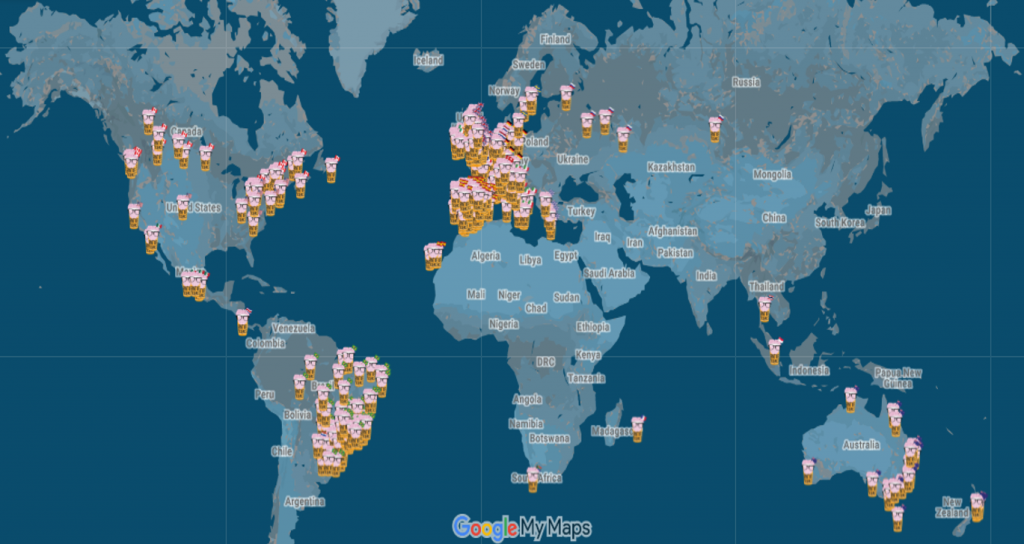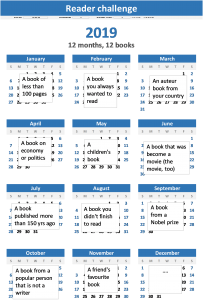La Unidad de Funcionarios Internacionales del MAUEC le invita a participar en la Feria Virtual de Carreras organizada por ACNUR y el Banco Interamericano de Desarrollo, que tendrá lugar el 13 de febrero de 2019. Durante la feria podrá comunicar con responsables de reclutamiento de las organizaciones convocantes y obtener más información sobre las oportunidades que ofrecen en América Latina y el Caribe.
La feria está destinada a profesionales hispanohablantes con estudios universitarios nivel master o doctorado, buen nivel de inglés y una experiencia mínima de 5 años en alguno de los campos solicitados por los organizadores:
Administración de Programas y Proyectos, Arquitectura, Asuntos Económicos, Asuntos Humanitarios, Asuntos Políticos, Asuntos Sociales, Auditoría y Evaluación, Compras, Desarrollo, Gestión de Emergencias, Educación, Información y Comunicación, Ingeniería, Logística, Medicina y Salud Pública, Seguridad, Migraciones y Refugiados, Relaciones Internacionales, , Informática y Tecnologías de la Información y Comunicaciones.
Los profesionales interesados podrán participar desde sus ordenadores o dispositivos móviles en el lugar en que se encuentren.
La selección de los participantes se hará teniendo en cuenta los requisitos establecidos por las organizaciones invitadas.
Puede obtener más información y registrarse en: https://rebrand.ly/LatamGCF






